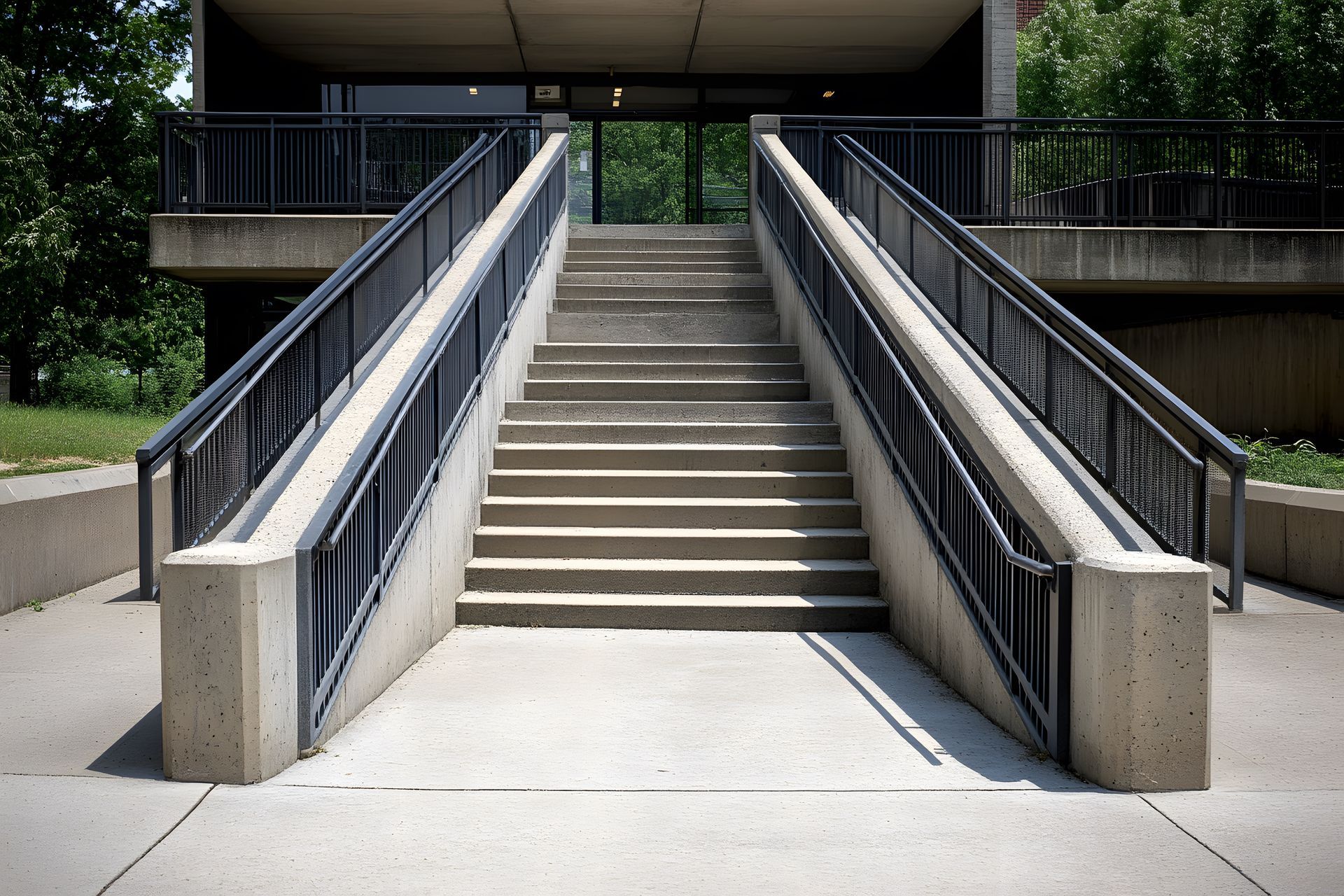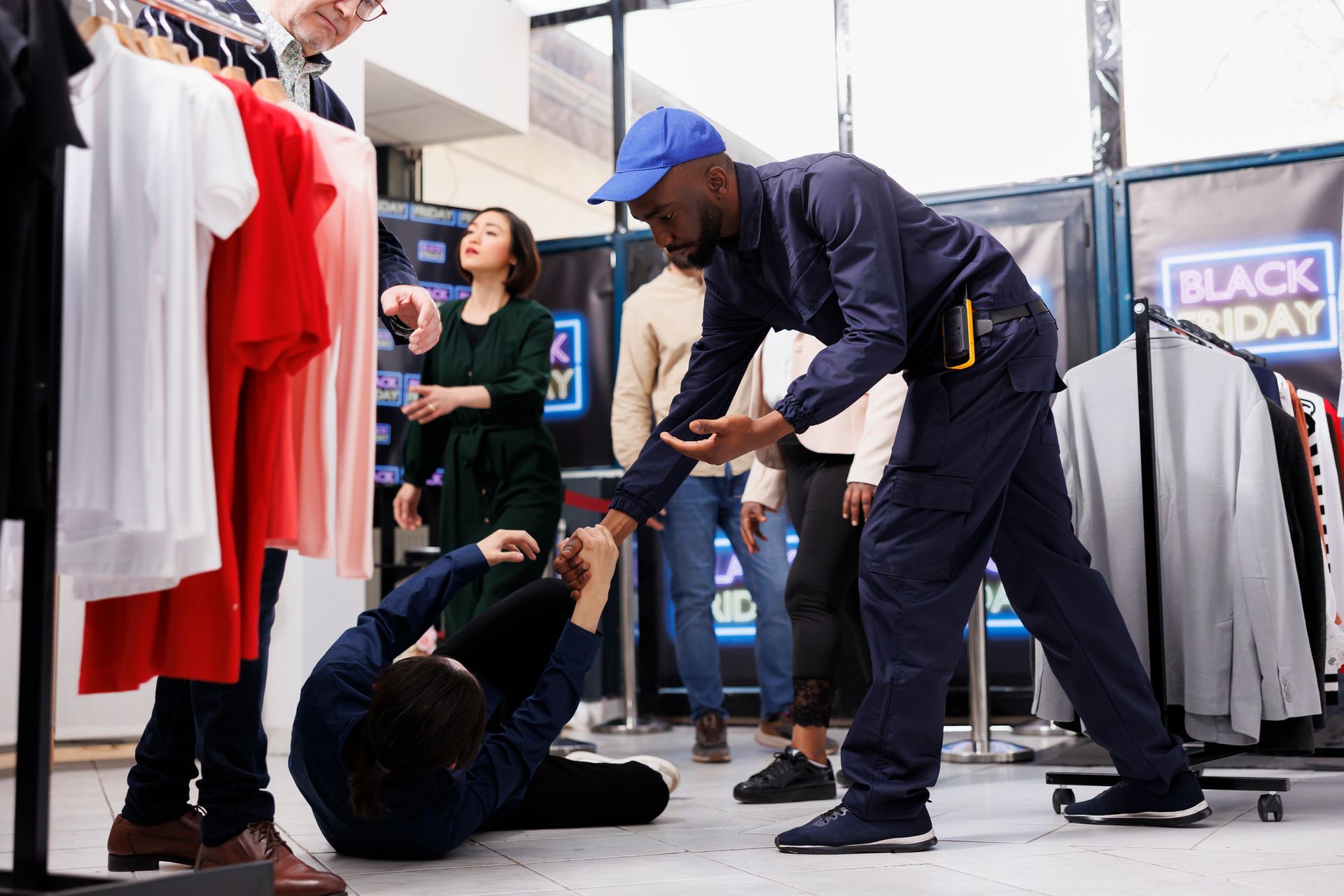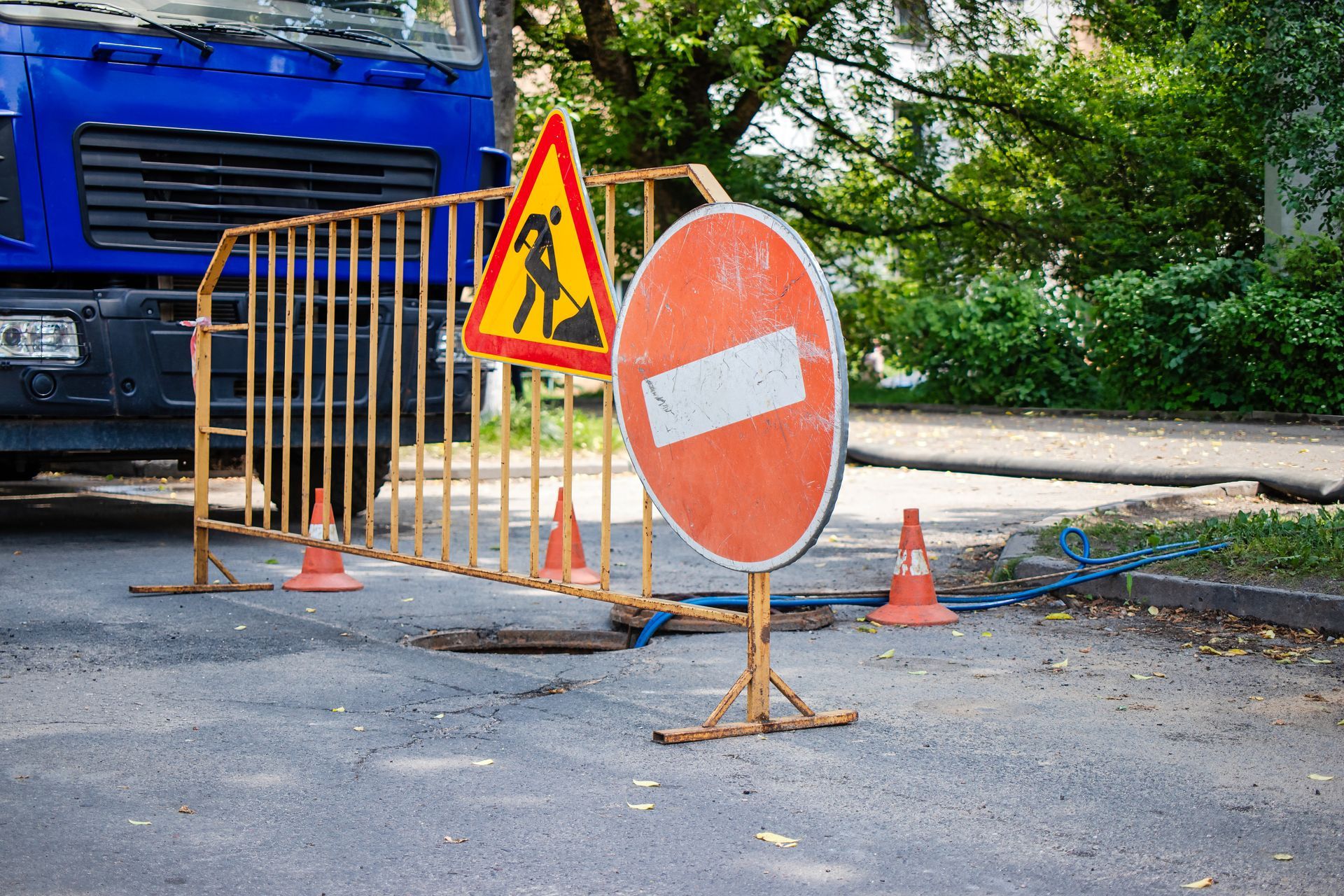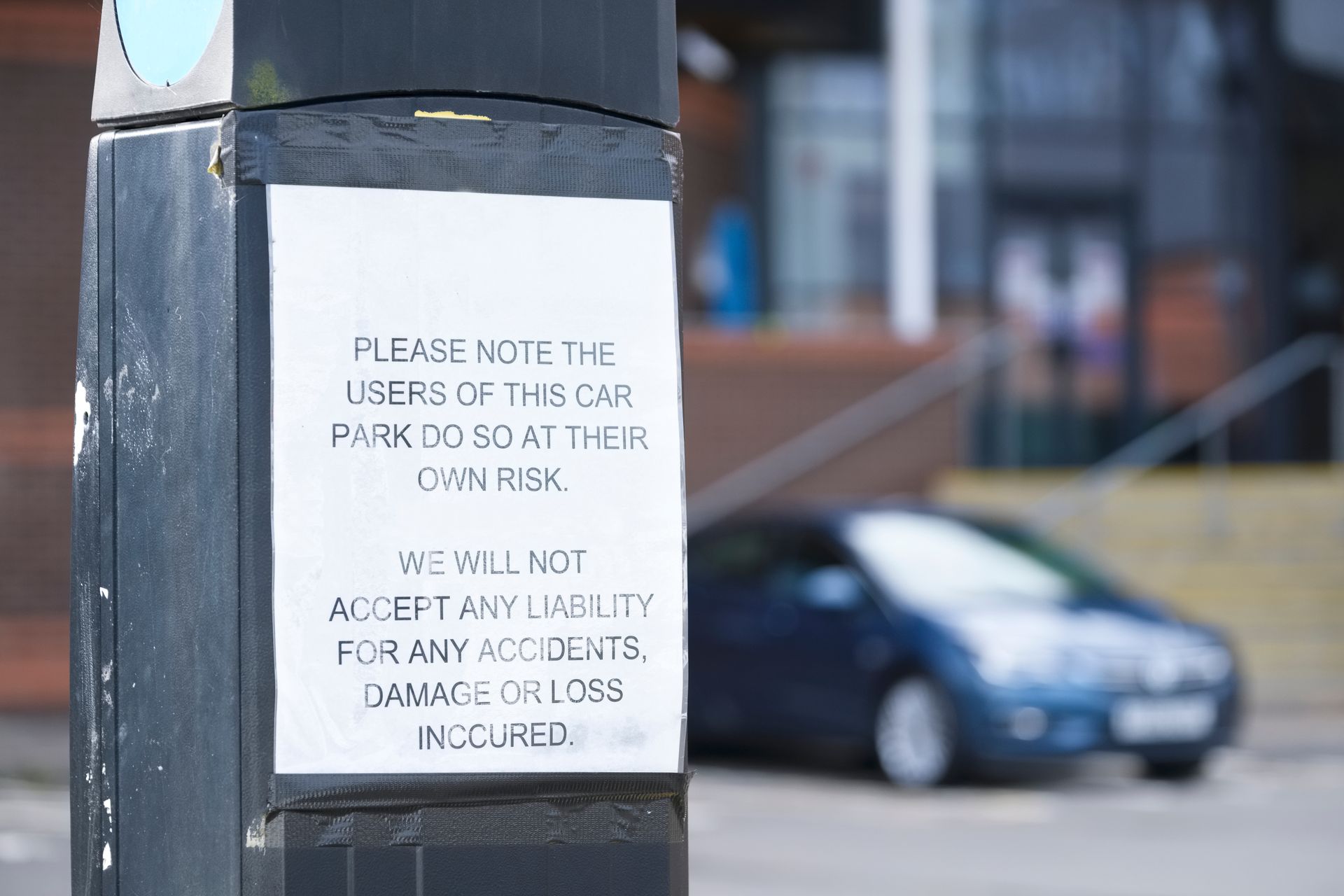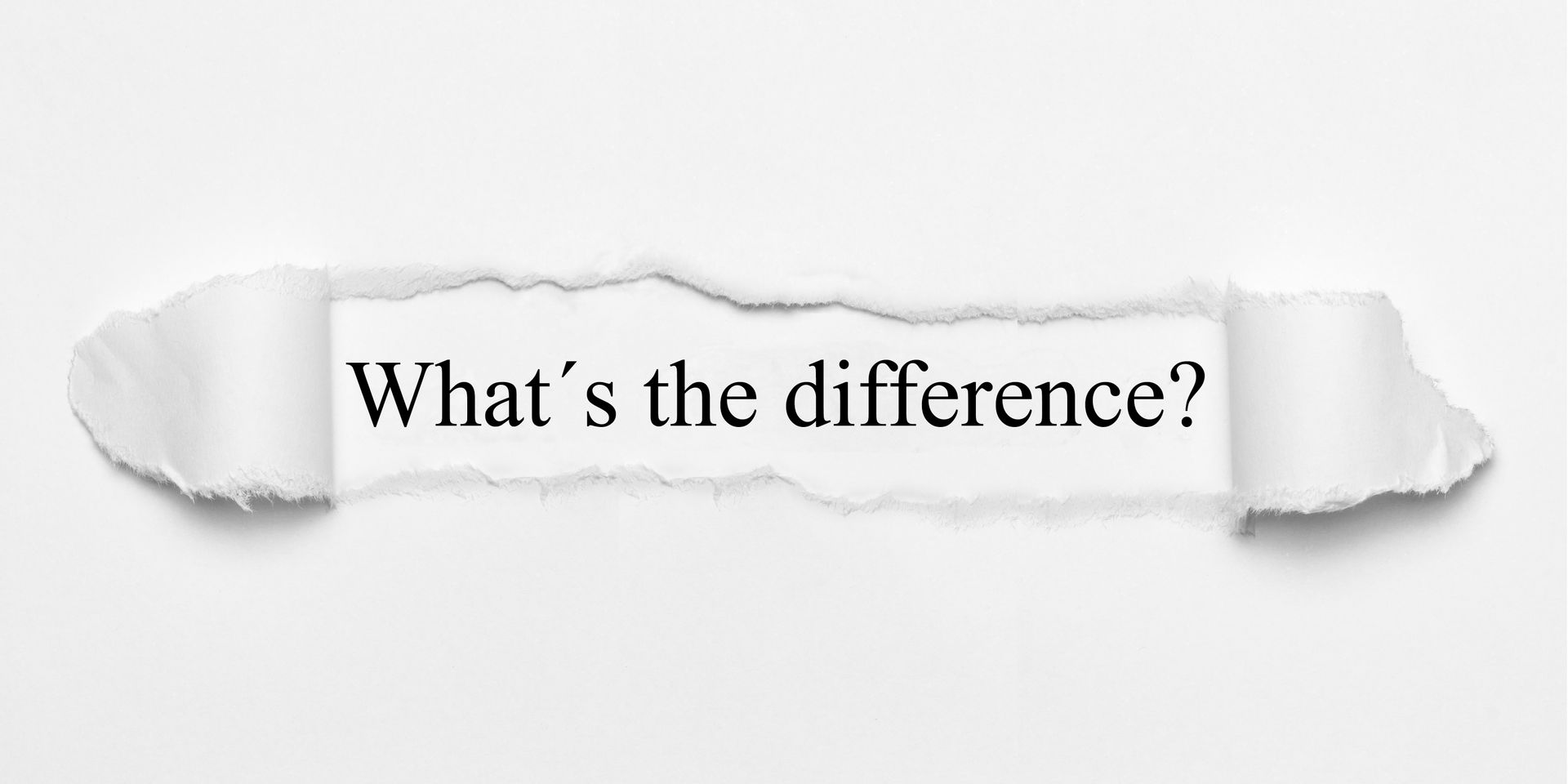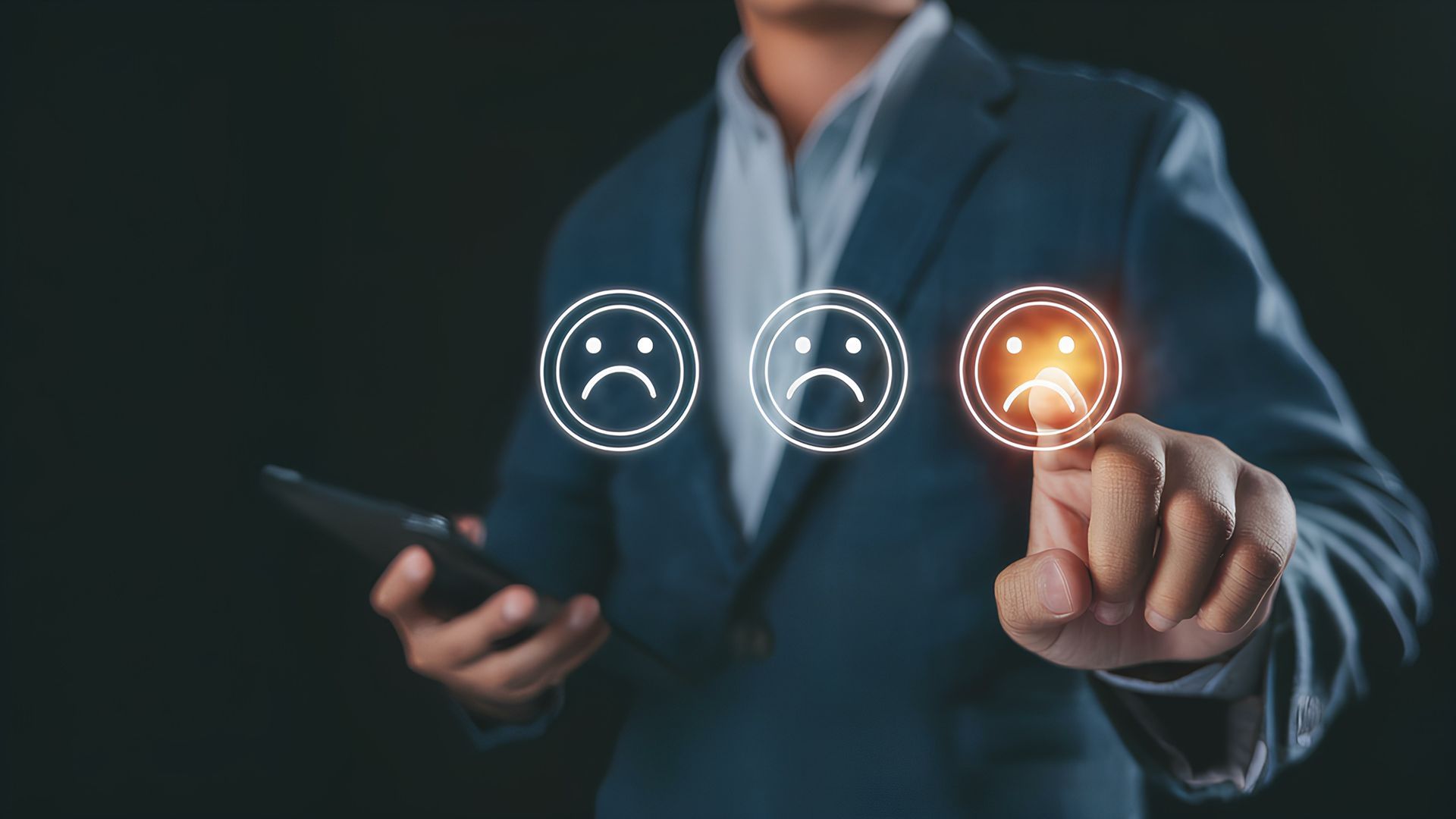Blog

The short answer is yes—business owners can be sued for crimes that occur on their property, but liability depends on several factors. Generally, businesses are not automatically responsible for criminal acts committed by third parties. However, if a business fails to take reasonable steps to prevent foreseeable crimes, it may face a premises liability claim.
Understanding Negligent Security and When a Business May Be Liable
Negligent security is a type of premises liability claim where a business owner is held responsible for failing to provide adequate security measures to prevent foreseeable criminal activity. This can include violent crimes such as assaults, robberies or even homicides if the victim can prove that the business owner’s negligence contributed to the incident.
To establish liability, the claimant must generally prove:
- The crime was foreseeable based on prior incidents or the nature of the area.
- The business owner failed to take reasonable security precautions (e.g., proper lighting, security cameras or security guards).
- The lack of security directly contributed to the injury or harm suffered by the victim.
What Qualifies as Negligent Security?
The specifics of a negligent security claim depend on the circumstances of the crime, but common examples include:
- Poor lighting in parking lots or stairwells, increasing the likelihood of attacks.
- Lack of security cameras or malfunctioning surveillance systems, making it harder to deter or respond to crime.
- Failure to warn customers or tenants about prior crimes that occurred on or near the property.
- Lack of security personnel in high-risk locations like apartment complexes, shopping centers or nightclubs.
- Broken locks, gates or other security measures that allow unauthorized access to the premises.
What Does Not Qualify as Negligent Security?
Not all criminal acts result in business liability. Even if a crime occurs on business property, owners are typically not responsible if:
- The crime was not foreseeable (e.g., a random attack in a historically safe area).
- The business had reasonable security measures in place, but the crime happened anyway.
- The victim’s own actions contributed to the incident (e.g., ignoring posted warnings or engaging in risky behavior).
- The crime was committed by someone the business could not have reasonably anticipated as a threat.
Assumption of Risk and Open and Obvious Hazards
In some cases, defenses such as assumption of risk and the open and obvious doctrine may limit liability.
Assumption of risk may apply if a person knowingly enters a high-crime area or a location where criminal activity is an inherent danger. If proper warnings are provided, business owners may argue that customers voluntarily accepted the risks.
Similarly, the open and obvious doctrine may reduce liability if the hazard (such as a dark alley behind a store) was clearly visible and avoidable.
Differences in Property Owner Responsibilities
Liability expectations differ based on the type of property and its intended use. For example:
- Empty lots or abandoned buildings generally have lower expectations for security unless people are frequently trespassing or using the space regularly.
- Apartment complexes and hotels have a higher duty to protect tenants and guests since people reside there and rely on the property for safety.
- Retail stores and shopping centers must take reasonable precautions for both customers and employees, particularly in high-crime areas.
- Parking lots and garages often present a unique challenge, as they are frequent sites for crimes but may not always be staffed with security personnel.
Common Examples of Negligent Security Claims
Certain locations and situations are more likely to lead to negligent security claims. Some of the most common include:
- Robberies and assaults in poorly lit parking lots where security cameras are missing or broken.
- Violent incidents at nightclubs or bars with a history of prior altercations and inadequate security personnel.
- Break-ins at apartment complexes where locks, gates or security systems are not properly maintained.
- Hotel guests attacked due to inadequate room locks or lack of security staff.
- Convenience store clerks harmed in a robbery when the business had previous security concerns but failed to implement protective measures.
Is Your Business Facing a Premises Liability Claim Due to Alleged Negligent Security?
While business owners are not automatically liable for crimes committed on their property, they can be sued if they fail to take reasonable security measures to prevent foreseeable dangers.
Victims of violent crimes often face high medical expenses and significant pain and suffering. Holding the perpetrator civilly liable can be difficult or even impossible in many circumstances. That’s one of the reasons victims of violent crimes sometimes seek damages from the most obvious insured party—the property owner or business where the attack occurred.
If you’re facing a negligent security claim in Atlanta, consider calling the Law Office of Cameron Hawkins at 678-921-4225 for a free case evaluation.
Law Office of Cameron Hawkins | All Rights Reserved
Areas of Practice
Contact Info
Disclaimer: The content on this website is for informational purposes only. This site and the information contained within is not legal advice, nor is it intended to be. Contacting the Law Office of Cameron Hawkins does not create an attorney-client relationship. Internet users should not act upon information contained on this site without first seeking advice from an attorney. Please refrain from sending any confidential information to The Law Office of Cameron Hawkins until an attorney-client relationship is established.
Disclaimer pursuant to Georgia Rule of Professional Conduct 7.1(a)(6): The statement "no attorneys' fees unless we are able to secure a verdict or settlement on your behalf" refers only to those fees charged by the attorney. Court costs and other additional expenses of legal actions usually must be paid by the client. Contingent fees are not permitted in all types of cases.

